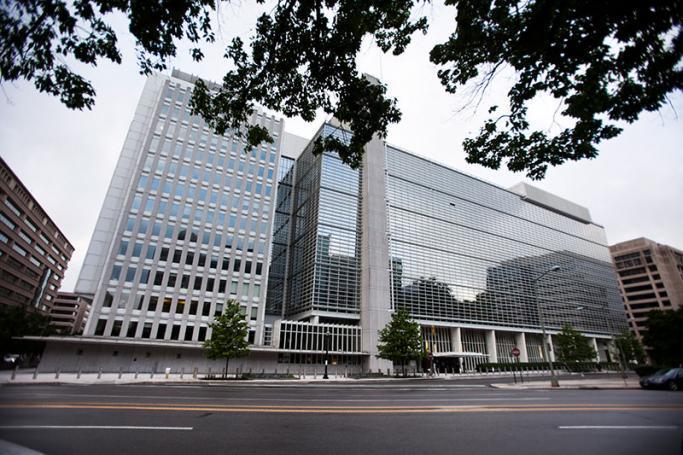“Reforms Reversed” is the title of World Bank’s Myanmar Economic Monitor (MEM) July 2022 reflecting the collective despair of the Myanmar citizens are the benefits of a decade of market oriented economic reforms and social policy initiatives have suffered in the wake of the military coup and earlier COVID-19 restrictions.
The MEM, released last week, indicates that the economic downturn is a collective punishment inflicted upon the citizens whose political freedoms and economic future has been robbed through by an illegal power grab.
The MEM provides a grim picture of the medium and long-term future of Myanmar’s economy with the policy dispensation sliding backwards imposing more controls, licenses and permits, thereby distorting the market operations. Reliance on the central bank for financing the deficit, decline in revenue and collapse of system of economic governance indicates that the country is fast losing the gains of free market economic policies. Pressures on exchange rate, inflation, and shortages of fuel and food, reflect the failure of real sectors and macro-economic management. One critical indicator, power generation reflects the situation. It is estimated that there has been a 50 per cent reduction in the daily power generation levels in the country over the last year. Brown-outs have become the norm.
Job losses and a fall in wage incomes have contributed to the reduction in demand and led to a downturn in the welfare of the people. Gains in poverty reduction have been erased as there appears to be a serious rise in poverty. Poverty has doubled in Myanmar during past two years.
“About 40 percent of the population is living below the national poverty line in 2022, unwinding nearly a decade of progress on poverty reduction,” according to the World Bank report.
The gains made in the social sectors like education and health appears to have also been lost. With decline in revenues, allocations for these sectors have been reduced and there is also a simultaneous collapse of the public service infrastructure like schools, universities and hospitals which will have long term consequences.
More worrying aspects are shift in the economic policy paradigm that the country has followed for the past ten years. There appears to be, according to the report, a “broader shift away from a stable market-based system that is governed by the rule of law, and toward a system of policy making and governance that is less predictable, less clearly communicated, and characterized by more discretion in the enforcement of rules and regulations.”
There has been a reversal of “much of the increased openness and liberalization that has been a key driver of Myanmar’s strong growth over much of the decade prior to the coup.”
“Myanmar last year experienced one of the worst economic contractions in the world, and the limited growth we forecast this year leaves its economic recovery far behind other countries,” said World Bank Country Director for Myanmar, Cambodia and Lao PDR Mariam Sherman, responding to the report. “This will continue to test the resilience of the Myanmar people, with household incomes declining and coping mechanisms against food insecurity and poverty increasingly under strain amidst ongoing internal conflict.”
While the overall economy has faced headwinds, some sectors have stabilized or recovered over the past twelve months, driving the modest growth expected for this year. Some firms have reported operating at a higher proportion of their capacity in 2022 than was the case in 2021, particularly in the manufacturing sector, and manufactured exports are recovering. Construction activity has also picked up as work on several projects has resumed after a long pause last year, and the pipeline of issued permits has grown. A rise in mobility at workplaces, retail outlets, and transport hubs has supported overall activity, although indicators of consumer spending are weak.
Myanmar is in the throes of a serious crisis with little hope for the general economy in the short to medium term.












